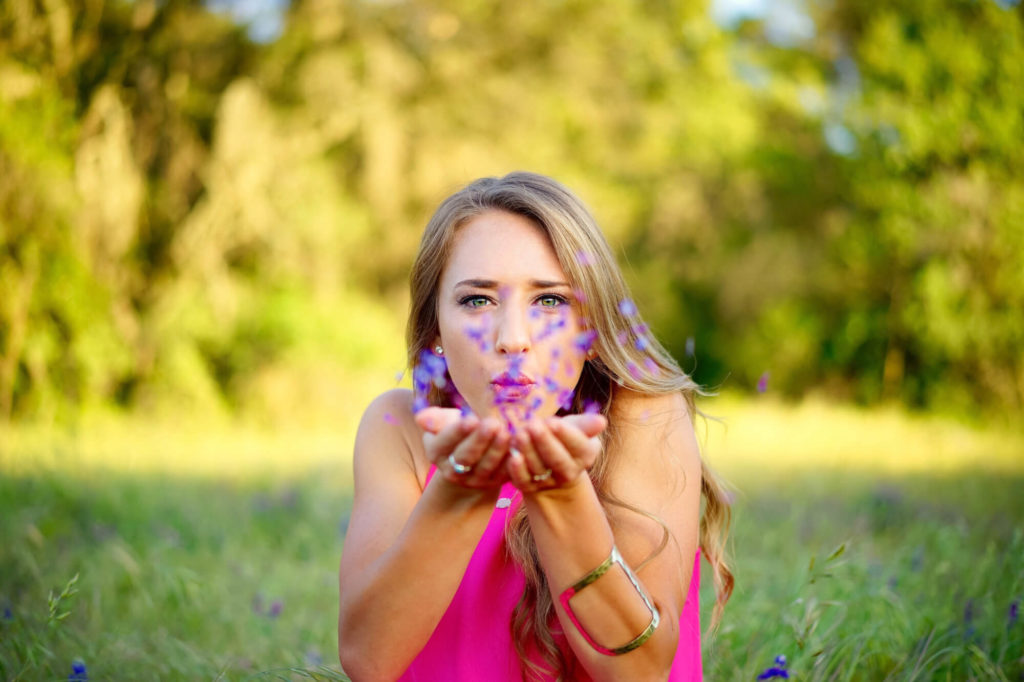Spring is often referred to as the king of seasons, but unfortunately, it is also the season of allergies. Of course, there is more than just allergies that constitute eye-health care, but allergies can open doors for other eye problems as well.
Some of the most common symptoms of allergies in spring are
- Sinus congestions
- Sneezing
- Coughing
- Headaches
- Itchy eyes
- Swollen eyes
- Watery eyes
- Fatigue
Allergies and eye problems can also be hereditary; this means that they may not be a result of seasonal changes. Most spring allergies are the result of pollen release in flowering plants and grass. This can cause severe allergies in people who cannot tolerate it.
If you experience any eye-allergy symptoms, it is best to start treatment as soon as possible; this can prevent them from flaring up and causing any severe damage. There are a few tips and tricks that you can follow to protect your eyes from springtime allergens
1. Clean Clothes and Surroundings
Allergens tend to stick onto clothes, linens, shoes, bed sheets and other surfaces. Prepare for allergy prevention by taking care of spring cleaning before the season begins. Moreover, try and do your laundry every week and clean surfaces such as countertops, kitchen counters, etc. by using disinfectants. Frequently vacuum your floors and wipe down your shoes each time you enter the house.
2. Remember Your Hat
If you are prone to allergies, then remember to always carry a hat with you especially if you are passing by a plant-filled lot.
3. Eye Drops
Several over the counter topical solutions are available to treat any eye-allergy symptoms you may be feeling. Use antihistamine drops to gain relief within 10 to 15 minutes.
4. Do You See The Color Red?
Red, swollen, itchy, and watery eyes are symptoms of common spring allergies. But, if these symptoms persist even after administering eye drops then immediately see a doctor to ensure that these are not symptoms of dry eye, inflammation, or an infection. This can help in curbing the symptoms before they cause any damage.
5. Sunglasses Are Your Best Friends
Besides making a style statement, sunglasses can provide a lot of protection from seasonal elements that cause allergies in the first place. They also prevent you from touching the eyes unnecessarily which can transfer pollen and other particles directly from your hands to your eyes.
6. Polarized Lenses
These lenses can help prevent the glare effect and reduce the effect of bright shiny surfaces on the retina. It is recommended to opt for polarized lenses during the spring season, especially on beach days and during hiking outings where sunlight is constantly within view.
7. Eye-Protection
If you are suffering from weak eyesight, then it is imperative that you wear your prescription glasses at all times. Moreover, if you are planning on playing basketball, football, or doing any other activity where it is possible to sustain an eye injury, it is important to wear proper eye protection.
8. Consult Your Physician
If you are already suffering from an eye condition, then it is better to take preventative measures and consult your doctor before allergy season begins.




